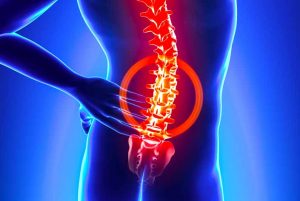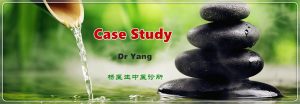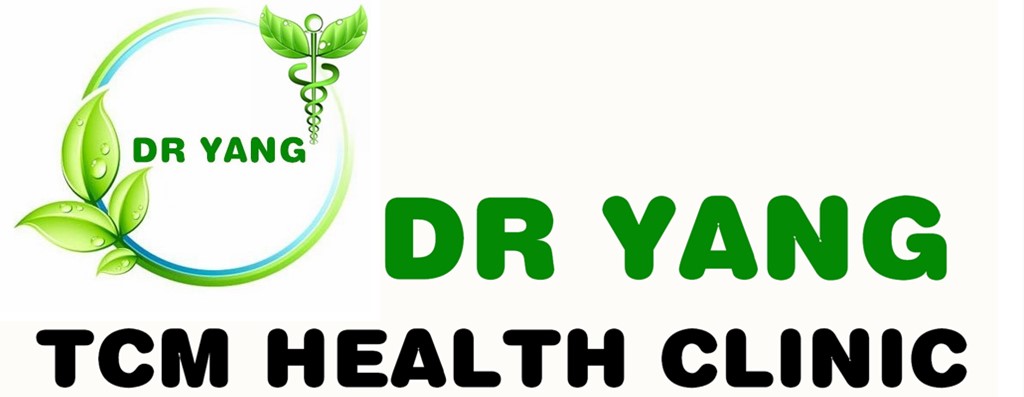
If no surgery? Choose Acupuncture
Lumbar disc herniations can be effectively treated

Researchers find acupuncture safe and effective for the treatment of lumbar disc herniations across multiple independent clinical trials. A meta-analysis of investigations reveals that Jiaji acupoints yield significant positive patient outcomes when combined with manual and electroacupuncture techniques..
Symptoms of a herniated disc
A common cause of lower back and leg pain is a lumbar ruptured disc or herniated disc. Symptoms of a herniated disc may include dull or sharp pain, muscle spasm or cramping, sciatica, and leg weakness or loss of leg function. Sneezing, coughing, or bending usually intensify the pain.
Sciatica is a symptom frequently associated with a lumbar herniated disc. Pressure on one or several nerves that contribute to the sciatic nerve can cause pain, burning, tingling, and numbness that extends from the buttock into the leg and sometimes into the foot. Usually one side (left or right) is affected.

Lumbar Herniated Disc Risk Factors
Many factors increase the risk for disc herniation:
Lifestyle choices: such as tobacco use, lack of regular exercise, and inadequate nutrition substantially contribute to poor disc health.
Body ages: As the body ages, natural biochemical changes cause discs to gradually dry out, which can affect disc strength and resiliency. In other words, the aging process can make your intervertebral discs less capable of absorbing the shock from your movements, which is one of their main jobs.
Poor posture: Poor posture combined with the habitual use of incorrect body mechanics stresses the lumbar spine and affects its normal ability to carry the bulk of the body’s weight.
Combine these factors with the affects from daily wear and tear, injury, incorrect lifting, or twisting and it is easy to understand why a disc may herniate. For example, lifting something incorrectly can cause disc pressure to rise to several hundred pounds per square inch!
How a Disc Herniates
A herniation may develop suddenly or gradually over weeks or months. The 4 stages to a herniated disc are:
1) Disc Degeneration: Chemical changes associated with aging causes discs to weaken, but without a herniation.
2) Prolapse: The form or position of the disc changes with some slight impingement into the spinal canal and/or spinal nerves. This stage is also called a bulging disc or a protruding disc.
3) Extrusion: The gel-like nucleus pulposus breaks through the tire-like wall (annulus fibrosus) but remains within the disc.
4) Sequestration or Sequestered Disc: The nucleus pulposus breaks through the annulus fibrosus and can then go outside the intervertebral disc.
Clinical Results Demonstrate the effectiveness of Acupuncture
Researchers demonstrate excellent clinical results using acupuncture for the treatment of lumbar disc herniations.
Researchers find acupuncture is safe and effective for the treatment of lumbar disc herniations across multiple independent clinical trials. A meta-analysis of investigations reveals that Jiaji acupoints yield significant positive patient outcomes when combined with manual and electroacupuncture techniques.
Distal and abdominal acupuncture also demonstrated significant positive patient outcomes. This research review covers rare acupuncture points demonstrating clinical efficacy and details a powerful manual acupuncture technique proven effective for relief of lumbar disc herniation symptoms. We will start with primary research by Song et al. and then take a close look at a meta-analysis by Wang et al., including specific approaches to clinical care proven to deliver excellent results. (source: HealthCMi )




